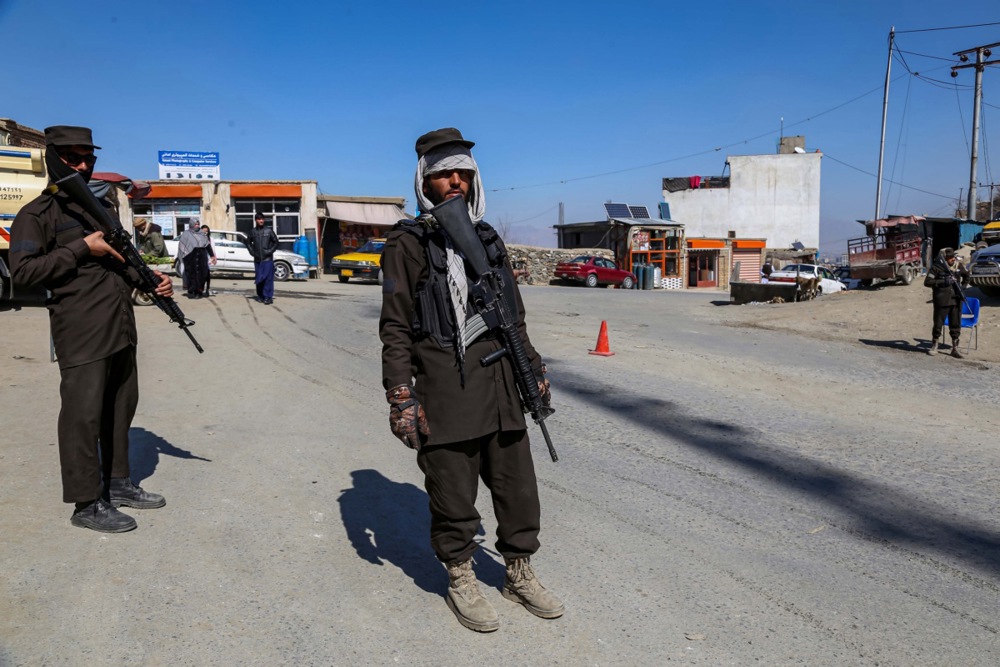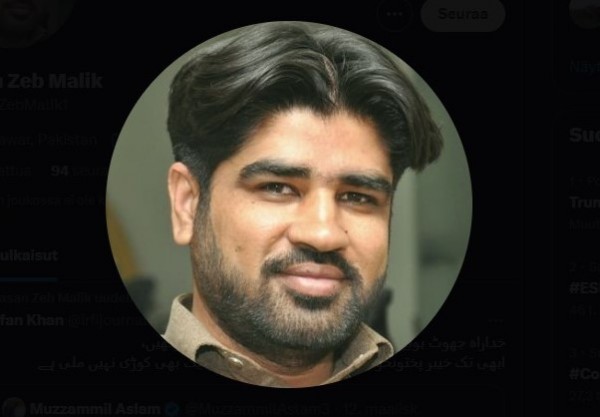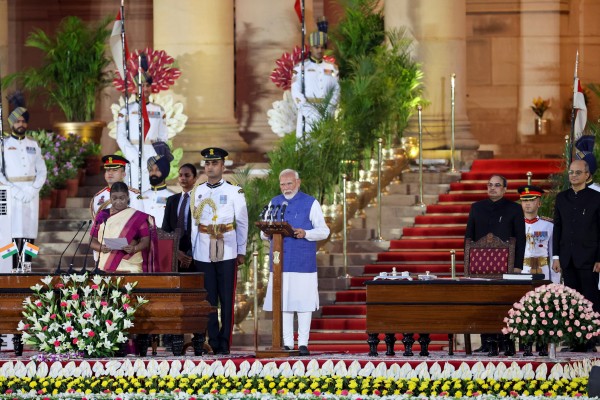The IPI global network calls on the international community to renew its commitment to press freedom in Afghanistan. Two years since the withdrawal of US-led forces and the takeover of Kabul by the Taliban, the state of press freedom in Afghanistan is in crisis. The international community must act with urgency to support and protect Afghanistan’s remaining independent media outlets and journalists in the country and in exile.
Following its return to power in August 2021, the Taliban regime has imposed a number of restrictions on the media in an attempt to silence independent media and censor and control the content of media coverage and reporting. More than one-third of Afghanistan’s media outlets have closed, faced with financial difficulties and immense pressure under the Taliban’s repressive policies. Local outlets that continue to operate in Afghanistan are not able to publish reports critical of the Taliban’s policies or its human rights abuses without risk of serious punishment and retaliation.
The rate of detentions of journalists has significantly increased in the past two years, leading to widespread fear and self-censorship among journalists. Since the collapse of President Ashraf Ghani’s government and the takeover of the Taliban, more than 150 journalists have been arrested and detained, often arbitrarily. Journalists who are released are sometimes forced to sign documents by the Taliban stating that they will not speak to colleagues, family, or the media about their experiences in detention. A significant number of experienced Afghan journalists have fled the country.
Though Afghan media outlets operating in exile are able to report critically on subjects that local media can no longer report on, these outlets are banned within the country. Recent arrests have had a particularly chilling effect on journalists in Afghanistan who collaborate with Afghan media outlets based outside the country. While some journalists in exile now work with Afghan media outlets abroad, the majority have not been able to continue working as journalists.
Female journalists have been especially impacted by the Taliban’s policies. The number of female journalists and media workers has decreased from 1,402 to 463, according to a recent report by the Afghanistan Journalists Support Organization (AJSO). Female journalists are not allowed to work in 21 provinces and are not allowed to report on news conferences in 14 provinces. Media outlets are not allowed to broadcast programs that feature the voices of female journalists in certain provinces of Afghanistan and female-led entertainment radio and broadcast programs are prohibited.
In an interview with IPI, Hamid Obaidi, founder of AJSO, said, “When the Taliban took over the country, we lost the media system… All of the media programs are under censorship and the Taliban censors everything.” Obaidi underscored the multiple pressures facing Afghan journalists, noting that many journalists lost jobs as media outlets closed and are struggling financially. Journalists in exile are also facing challenges, with hundreds of journalists in nearby countries like India, Iran, Pakistan and Turkey facing unemployment while they wait for their cases to be accepted by the United States and European countries.
Despite the crisis, Afghan journalists in exile are seeking new ways to report the truth. “The new media platforms are the best way to fight against this type of situation,” said Obaidi. “If we invest in such projects, we can offer jobs to these journalists in third countries who are under pressure… and we can produce a history from inside [Afghanistan]. These journalists [in exile] have their own means of communication and can get important facts from inside [Afghanistan] to raise public awareness. This is one of the ways we can support freedom of speech in Afghanistan.” According to Obaidi, there are more than 500 Afghan journalists currently in exile in Europe.
“In the two years since the Taliban returned to power in Afghanistan, the country has experienced an extreme deterioration of press freedom”, IPI Deputy Director Scott Griffen said. “Media operate under increasingly oppressive policies and Afghan journalists, both in the country and in exile, continue to report the news at great personal risk. It is critical that the international community renew its commitment to support and protect what remains of independent journalism in Afghanistan. Under the Taliban regime, female journalists are experiencing the greatest obstacles, with the majority now unable to work as journalists. As a result, the country and the world has lost the critical voices and opinions of female journalists, who were instrumental in reporting on and fighting for women’s rights in Afghanistan during the past 20 years.”
“We call on the international community to double down on its commitment to press freedom in Afghanistan by financially supporting local media outlets, especially radio programming; strengthening the critical work of Afghan media outlets operating in exile; launching programs to develop and train citizen journalists and a new generation of Afghan journalists; ensuring female journalists are supported and are able to continue working in media outlets; and expediting visas for Afghan journalists who have been waiting for two years for visa approvals in some cases.”



